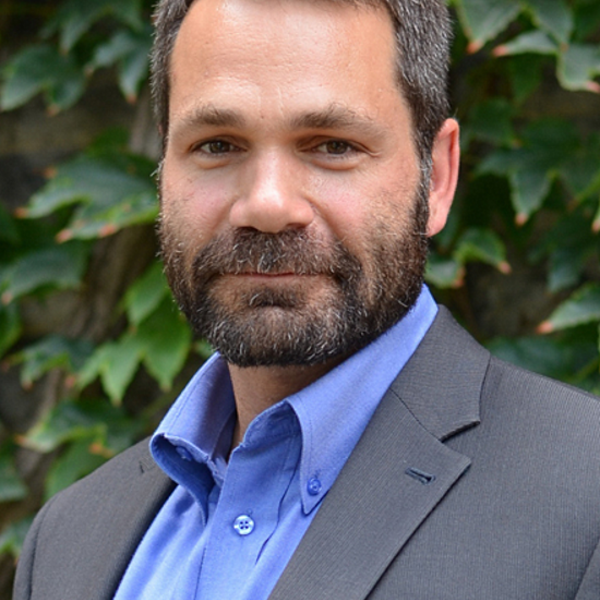Peter Roy
PhD

Peter’s lab at the University of Toronto is focused on developing new drug leads and environmentally-safe pesticide lead molecules. Briefly, their projects include:
PEXIL™ Technology
Peter’s group has recently developed a new, high-throughput, massively paralleled drug and pesticide screening technology called PEXIL™.
Parasitic Prodrugs
The Roy Lab has discovered a suite of antiparasitic small molecule scaffolds that are bioconverted by the parasites into lethal products.
Novel Neuromodulatory Nematicides
The Roy Lab has developed a new pipeline that reveals small molecule disruptors of motor behaviour in nematodes. One scaffold that resulted from this pipeline is Nementin™, which induces convulsions, paralysis and death though massive synaptic vesicle release in nematodes.
Candidate Drugs to Treat PFIC3 Liver Disease
Peter’s lab has established a new nematode model of PFIC3 disease and have identified candidate drugs that suppress the worm’s defects. Work is on-going to understand how these molecules suppress the PFIC3 model and their utility in treating a mouse model of the disease.
Amyloid Disruptors
Over 50 human diseases have amyloid formation as their root cause, including Parkinson’s, ALS, scrapie, and Huntington’s. Peter’s group has developed a nematode-based pipeline that yields molecules capable of disrupting amyloid formation.
